Turning the page on banned books:
LA libraries widen access to restricted titles
After a number of book ban attempts across California, Los Angeles aims to make these materials available to students of all ages state-wide through the county’s e-book program.
By Angelina Hicks, Shei Marcelline and Felicia Pliego
As book bans increase across the country, California school boards have brought a number of challenges against certain titles.
These books — typically focused on LGBTQ+ identities or the experiences of people of color — are being removed from California classrooms and libraries to a degree that has warranted attention from Gov. Gavin Newsom, Attorney General Rob Bonta and State Superintendent Tony Thurmond.
In a letter sent earlier this summer to all public school leaders, the three lawmakers argue freedom of speech includes access to reading controversial books and school officials may not remove books or curriculum from schools because they disagree with the ideas contained in those books.
“Access to books — including books that reflect the diverse experiences and perspectives of Californians, and especially those that may challenge us to grapple with uncomfortable truths — is a profound freedom we all must protect and cultivate,” reads the June 2 letter signed by all three state officials.
In response to increasing book challenges in California schools, a new motion from the Los Angeles County Board of Supervisors aims to widen access to restricted titles by giving every California resident access to LA County libraries’ e-book database.

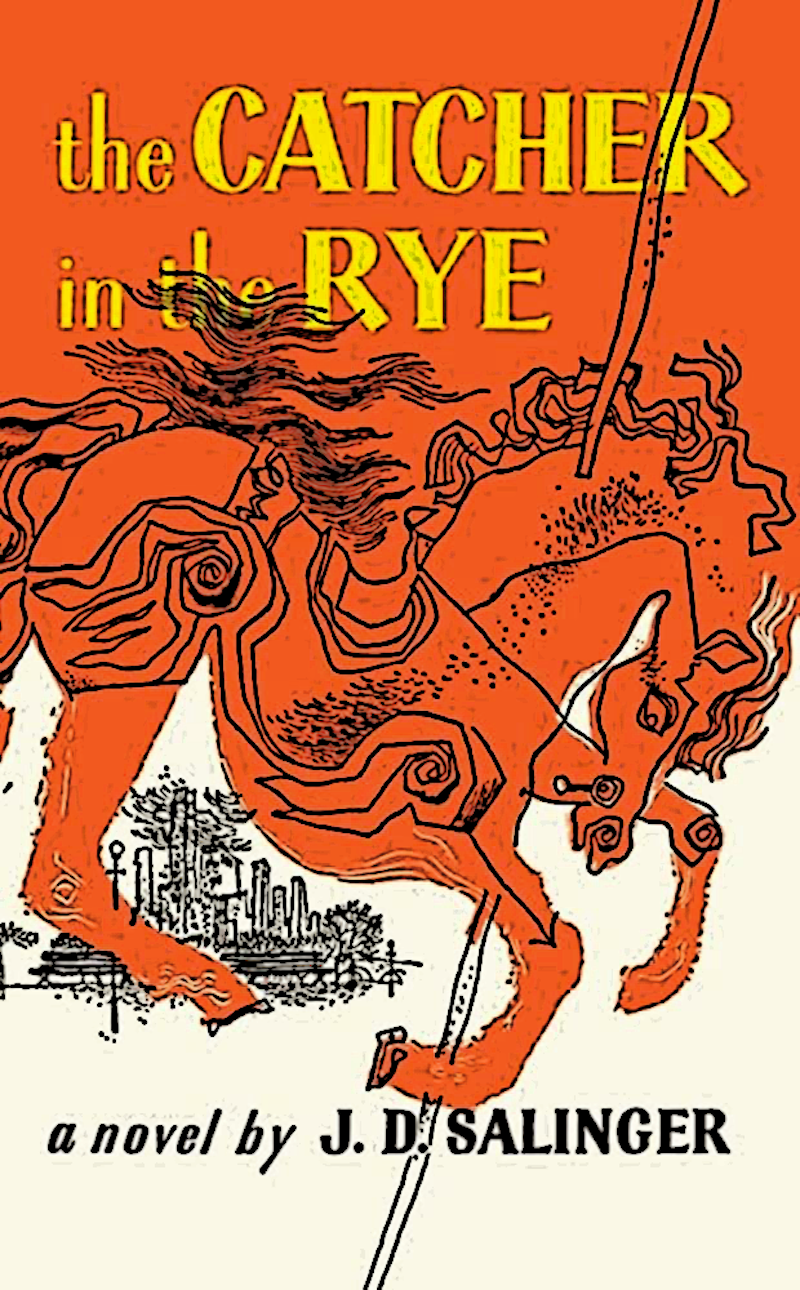
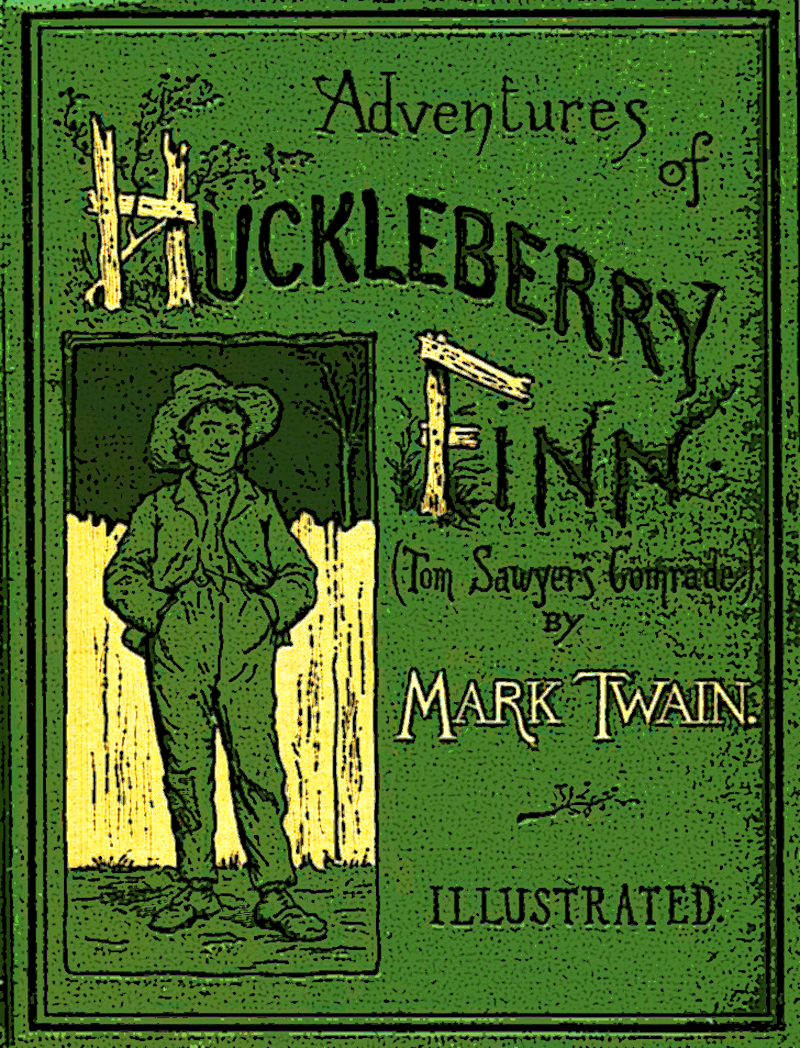
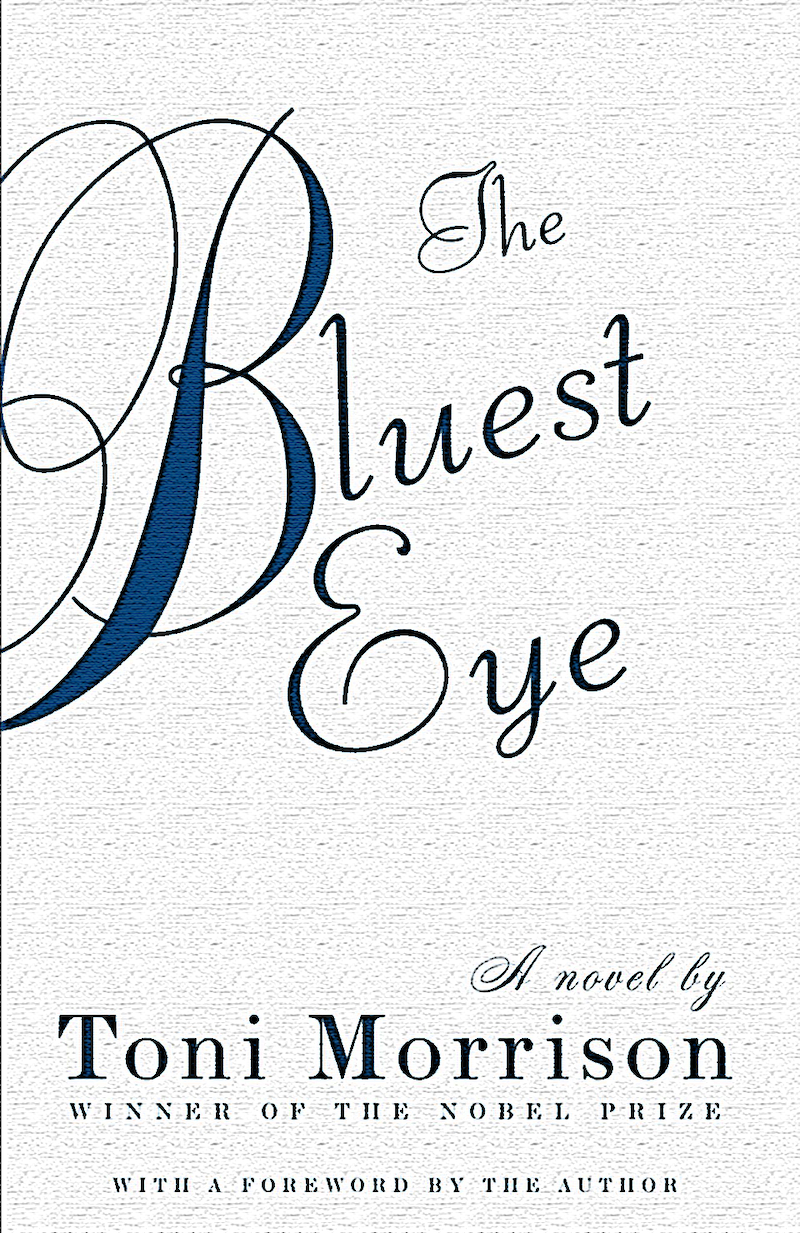


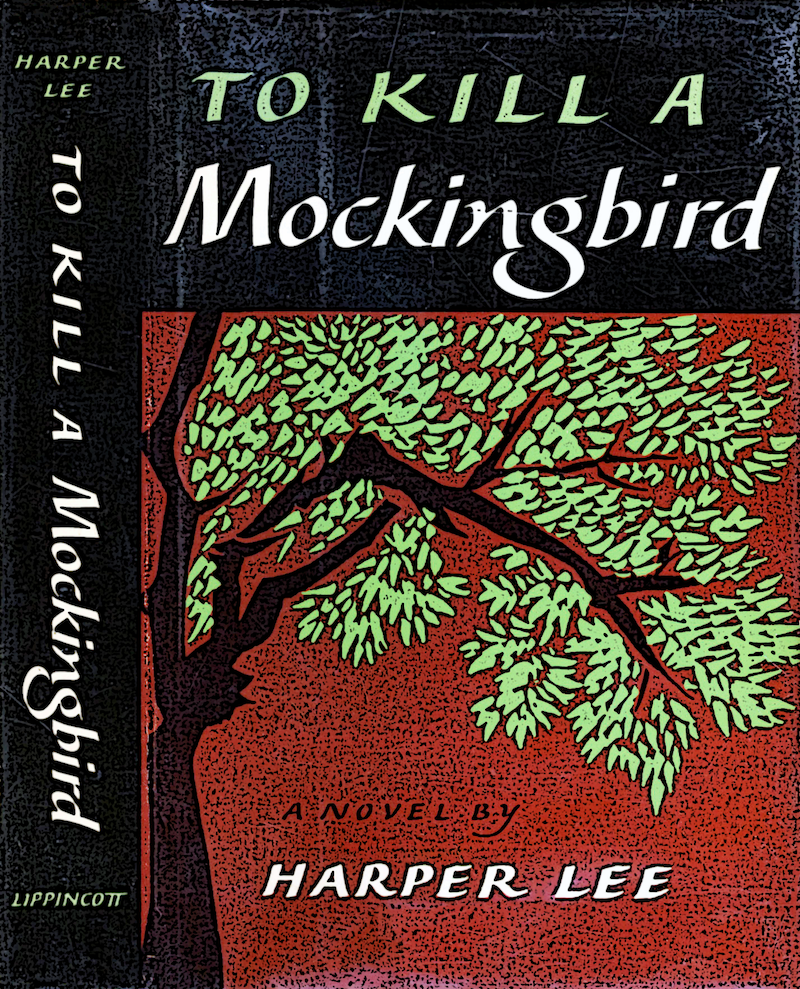
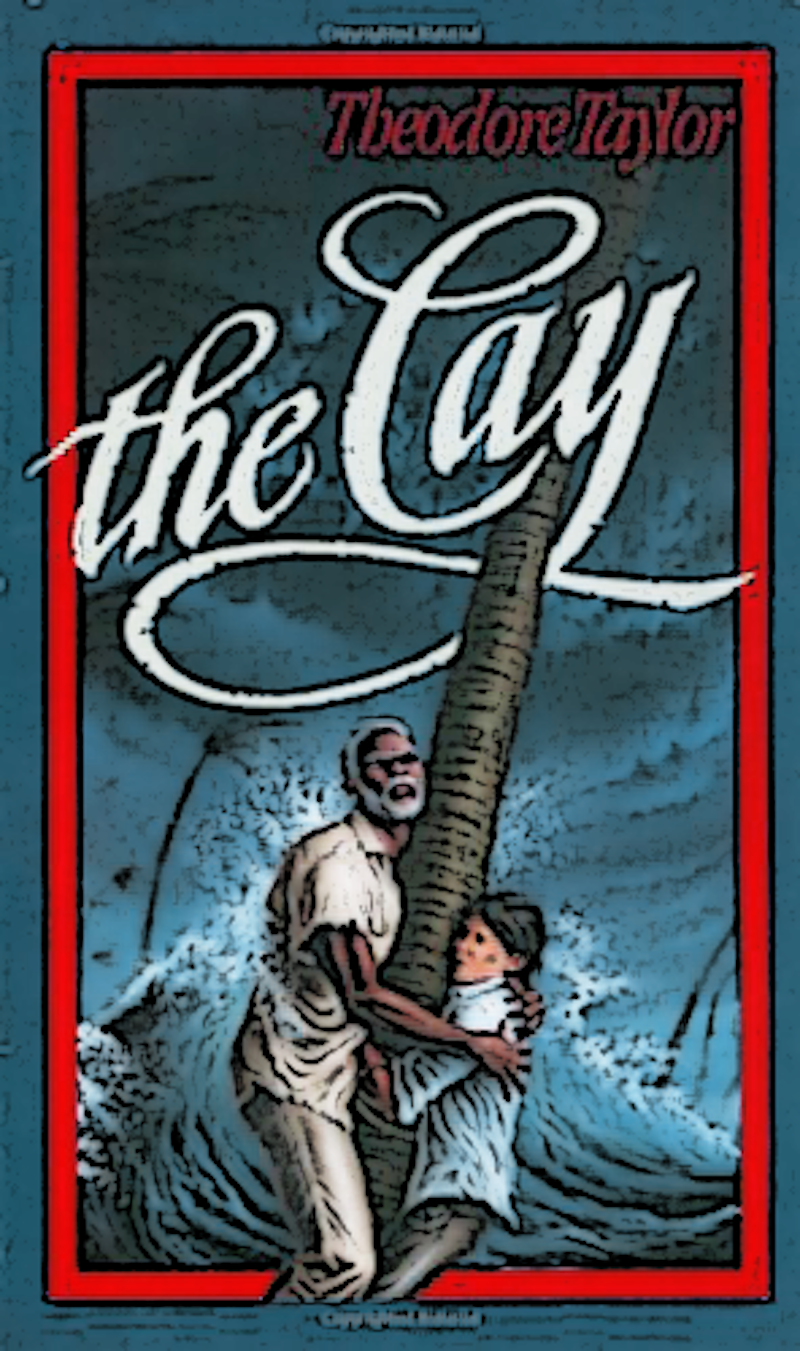
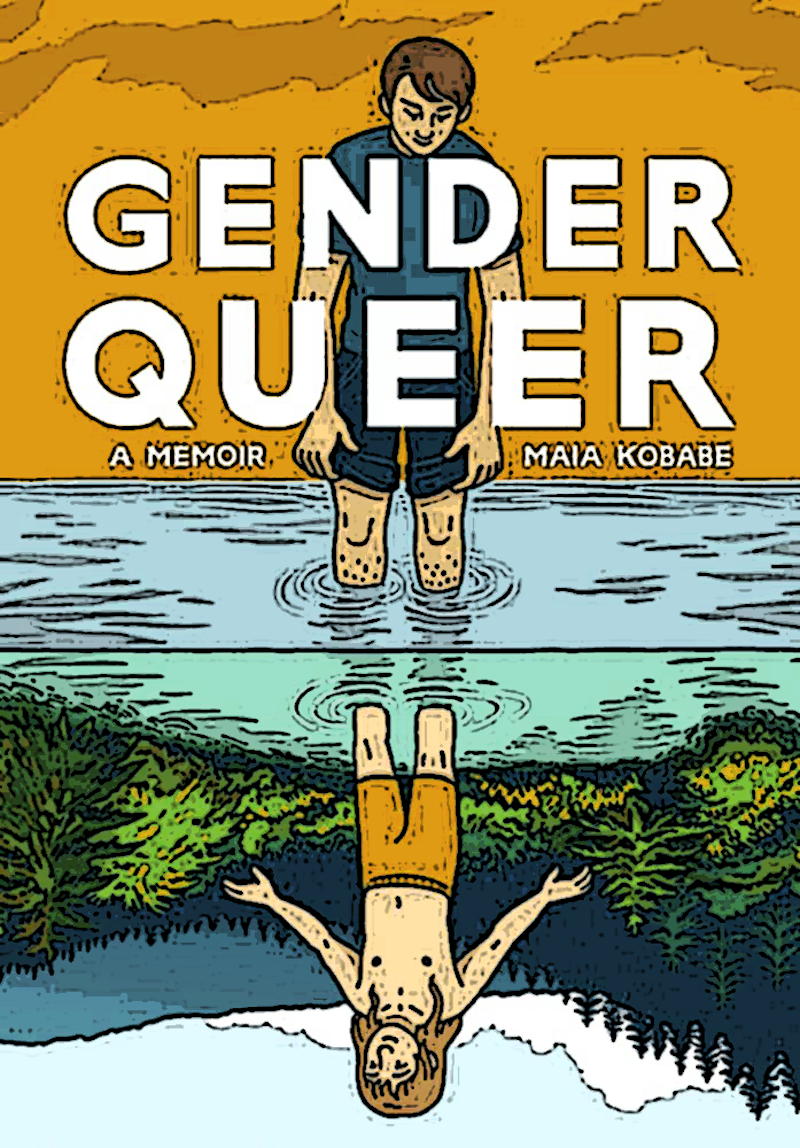


Chapter I — LA supervisors seek to make banned books available statewide
Everyone living in California may soon have access to the LA County library system’s entire collection of e-books with the click of a button.
The motion, brought forward by Supervisors Lindsey P. Horvath and Janice Hahn, aims to give all California residents access to e-books, with an emphasis on commonly-banned books like “The Bluest Eye” by Toni Morrison and “This Book is Gay” by Juno Dawson. It passed unanimously in the board’s meeting in early June.
“We should never discount the drive, curiosity and commitment of our students to further their learning and wisdom through literature,” said Constance Farrell, communications director for Supervisor Horvath. “The LA County Library is a nationally-recognized library with a plan for strategic outreach and promotion to ensure this program is accessed by students throughout our state.”
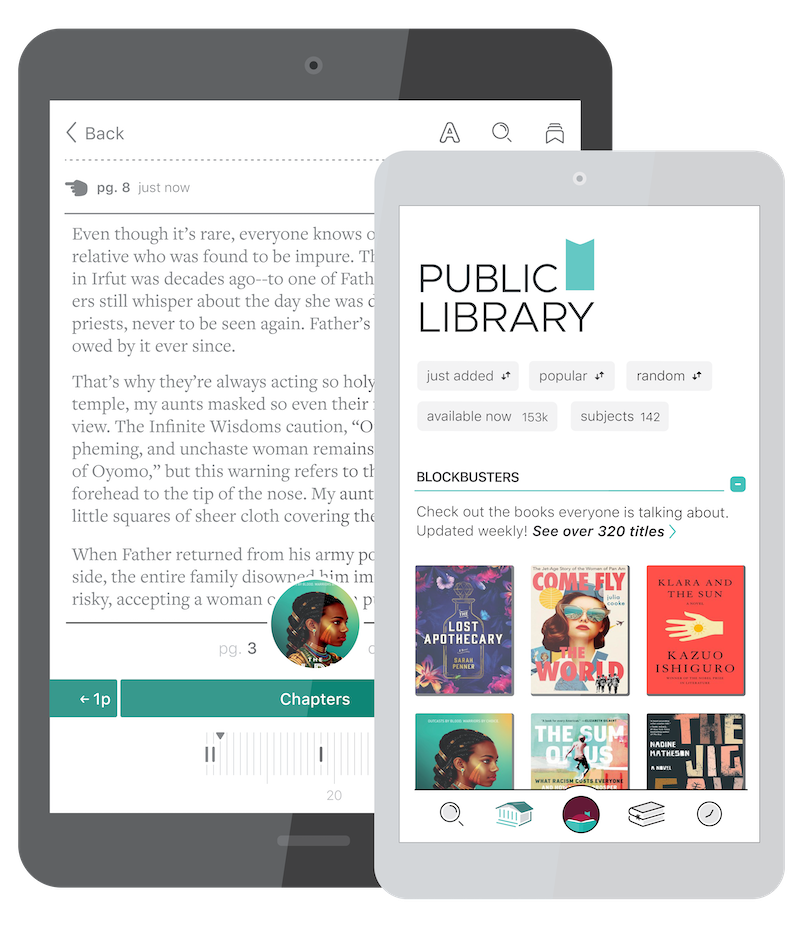
Photo courtesy OverDrive
The new program, which is slated to launch as a pilot program during the first week of October for banned books week, will allow anyone with a California address to sign up for a digital library card through the LA County public library system and borrow any e-book from its collection.
“We have an obligation to ensure that residents across California are able to consume literature that promotes inclusive learning and a truthful telling of our nation’s history,” Horvath said in a statement about the proposed program.
With an already increasing demand for e-books and audiobooks, the new program in LA could cause an unprecedented demand for certain titles, increasing already long waitlists.
“Our digital collections are quite popular already and seem to be increasing yearly regardless,” said Eileen Ybarra, electronic resources librarian at LA public libraries.
Digital e-books from libraries differ from other resources like Nook and Kindle. When purchasing e-books, there’s no maximum number of sales allowed. But when borrowing an e-book from a library, there’s a limit to the number of users who can “check out” each title at any given time, resulting in a waitlist that can stretch weeks or months.
Some titles have more digital copies available than others, causing skewed wait times. Currently, users can join the waitlist for any book and be notified when it's their turn to check it out.
In the LA library system, some commonly-banned e-books — like “The Hate U Give” by Angie Thomas and “Two Boys Kissing” by David Levithan — have an unlimited number of borrows to help increase the readership of these specific titles.
“We want to put banned books at the forefront and really let people know that we have them,” Ybarra said.
But these titles are limited. The LA public library website lists about 36 unique titles with no wait to increase access.
The new e-card program could cause the already long waitlists to stretch even further into the future as thousands of people across the state try to access the same e-books.
“Part of the reason [Los Angeles County libraries] are moving this forward as a pilot program is to truly understand demand so that additional digital editions can be secured and adjustments made as necessary,” Farrell said.
Chapter II— Local impact: Burbank Unified bans five classic novels from class lessons
One local ban was cited in the motion and helped push lawmakers to create the e-book program. In 2020, Burbank Unified School District drew national attention for removing five books from the district’s required reading list, barring teachers from teaching these novels in classes.
These titles include: Harper Lee’s “To Kill a Mockingbird,” Mark Twain’s “The Adventures of Huckleberry Finn,” John Steinbeck’s “Of Mice and Men,” Theodore Taylor’s “The Cay” and Mildred D. Taylor’s “Roll of Thunder, Hear My Cry.”
The removal came after three parents complained that the books were causing students to use the N-word — which is used many times in the books — against their Black peers.
Burbank Community Voices on E-books
Carmenita Helligar, one of the parents who advocated for the change, said children were required to read the books aloud in classrooms, including the slur. She said some students directed the racial epithet toward her daughter after having learned it from one of the books.
“I think that the books should be read in the classroom or wherever a child wants to read them,” Helligar said. “What I am saying is [the slur] should not be read out loud.”
Lynn Rothacher, an English teacher at John Muir Middle School in Burbank, was teaching the novel “Roll of Thunder, Hear My Cry” when she learned she had to cease lessons on the book.
“I really believe in the power of the book, and I knew that it was just such an important moment in time in the wake of George Floyd's death,” Rothacher said. “I had for years really put a lot of care into that curriculum with the help of my students… To have all of that just sort of snatched away felt awful.”
Today, the books remain in libraries and classrooms around the school district, but they are not allowed to be taught in classes. After the removal, hundreds of students and teachers spoke out against the book ban and called for them to be reinstated in required reading lists.
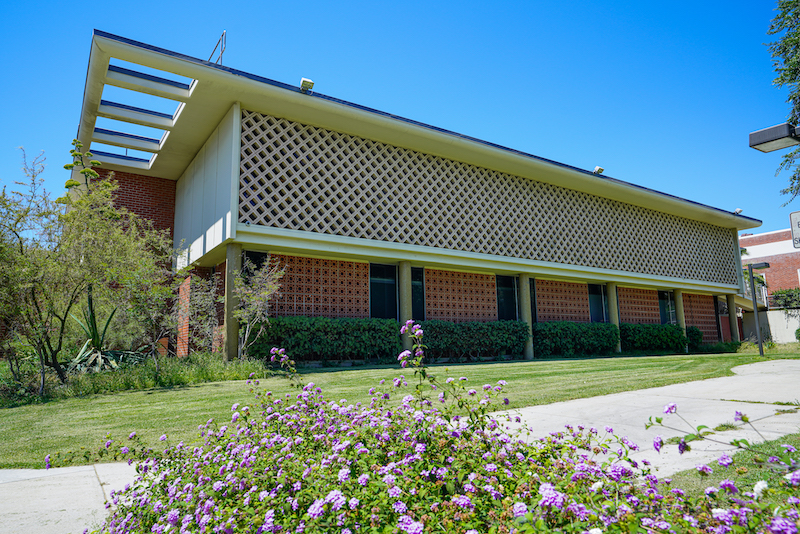
Photo by Shei Marcelline
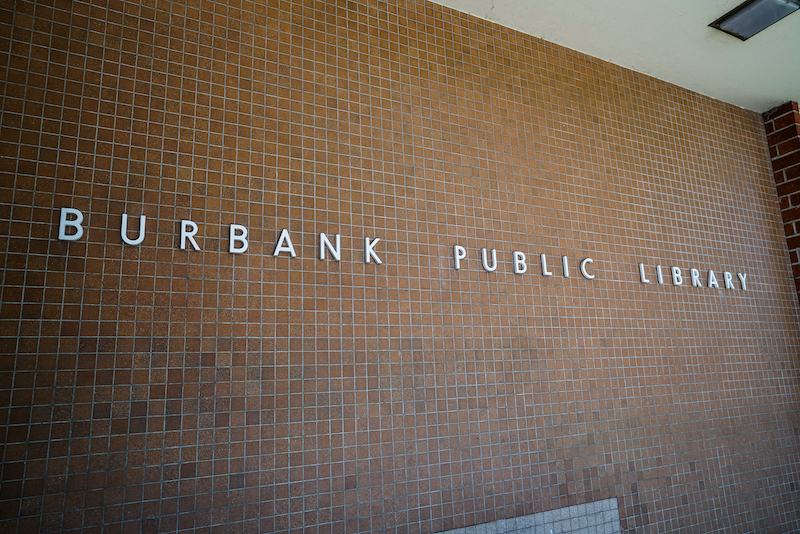
Photo by Shei Marcelline
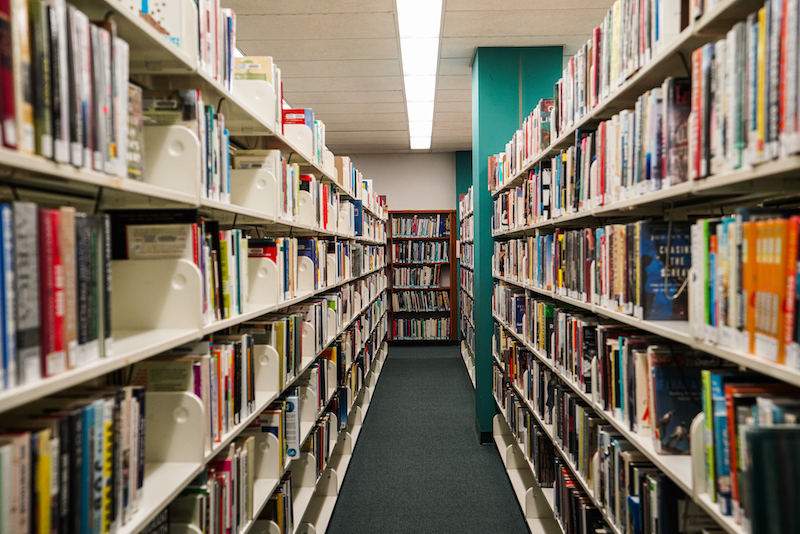
Photo by Shei Marcelline

Photo by Shei Marcelline
“We should never ban a book from being taught,” said Sungjoo Yoon, who graduated from Burbank High School in 2023. “That is not an acceptable way to go, no matter where it is. I would take that same stance, whether it's in this country or another country, in my city or another city.”
Despite differing perspectives, all three Burbank locals agreed that LA’s proposed e-book program is a step in the right direction.
“I have a grandson now who’s 11 months old,” Helligar said. “I know that I want him to read those books… I need people to just have more empathy and do more research and question everything.”
Yoon argued that while the proposed e-book program would be helpful in creating more accessibility, it wouldn’t be enough to make up for what happened in his school. He said that students aren’t going to go out of their way to read these books; if they aren’t required reading, then students will never pick them up.
“When I was 12 or 13 years old, maybe I would not have sought out these books,” Yoon said. “Especially because I'm a first-generation immigrant. Those books were not really books that my parents knew about. School was the only chance and the only opportunity I would have to even know to even access these books, even if they existed somewhere else.”
Chapter III— Book ban attempts on the rise in California
Historically, California hasn’t seen as many book bans as other states. But over the past few years, a handful of cities and school districts across the state have seen attempts to remove books from libraries and classrooms after parent complaints or concerns about the content.
In 2020, the Kingsburg Elementary Charter school board in Fresno County removed Jewell Parker Rhodes’ novel “Ghost Boys” after a parent complained about the political views in the book, which included information about race and police brutality.

Click for bigger version
In Contra Costa County earlier this year, a group of angry residents showed up to the San Ramon Valley Board of Education meeting calling for certain books with LGBTQ content to be removed from libraries and classrooms.
In May, the Temecula Valley school board in Riverside County rejected an elementary school social studies book that contained information about gay activist Harvey Milk in May.
“We are in fact seeing book bans take root in communities throughout California,” Farrell said. “This is deeply troubling given the critical roles books play in uplifting the experience of LGBTQ+ people, people of color and historically marginalized communities. We have an obligation to ensure that young people across California are able to consume literature that promotes inclusive learning and a truthful telling of our nation’s history.”
Chapter IV— Libraries in the digital age
Public libraries have been met with a challenge to stay relevant in a time of booming technological innovation, and resources like the banned e-book program, and the forthcoming statewide e-card pilot program, are just two ways libraries are moving into the digital age.
The proposed program is adding yet another digital resource to public libraries, which has caused physical collections to become less popular over the years.
“When our brick-and-mortar locations closed because of the pandemic, all of our electronic resources were open 24/7,” Ybarra said. “That really fulfilled a lot of people's information needs, and that hasn't waned at all. [E-books] are really integral parts of our services and extremely popular.”
One of the most popular e-book services in LA is Libby — a reading app that partners with libraries and schools across the world to provide free ebooks, audiobooks and magazines to readers. Over 90% of public libraries in North America use OverDrive — Libby’s parent company — and the app can be found in 78 countries worldwide.
Users have borrowed over 1 billion books since Libby’s launch in 2017. This resource makes it more convenient for library cardholders to access their favorite titles, including many banned books.
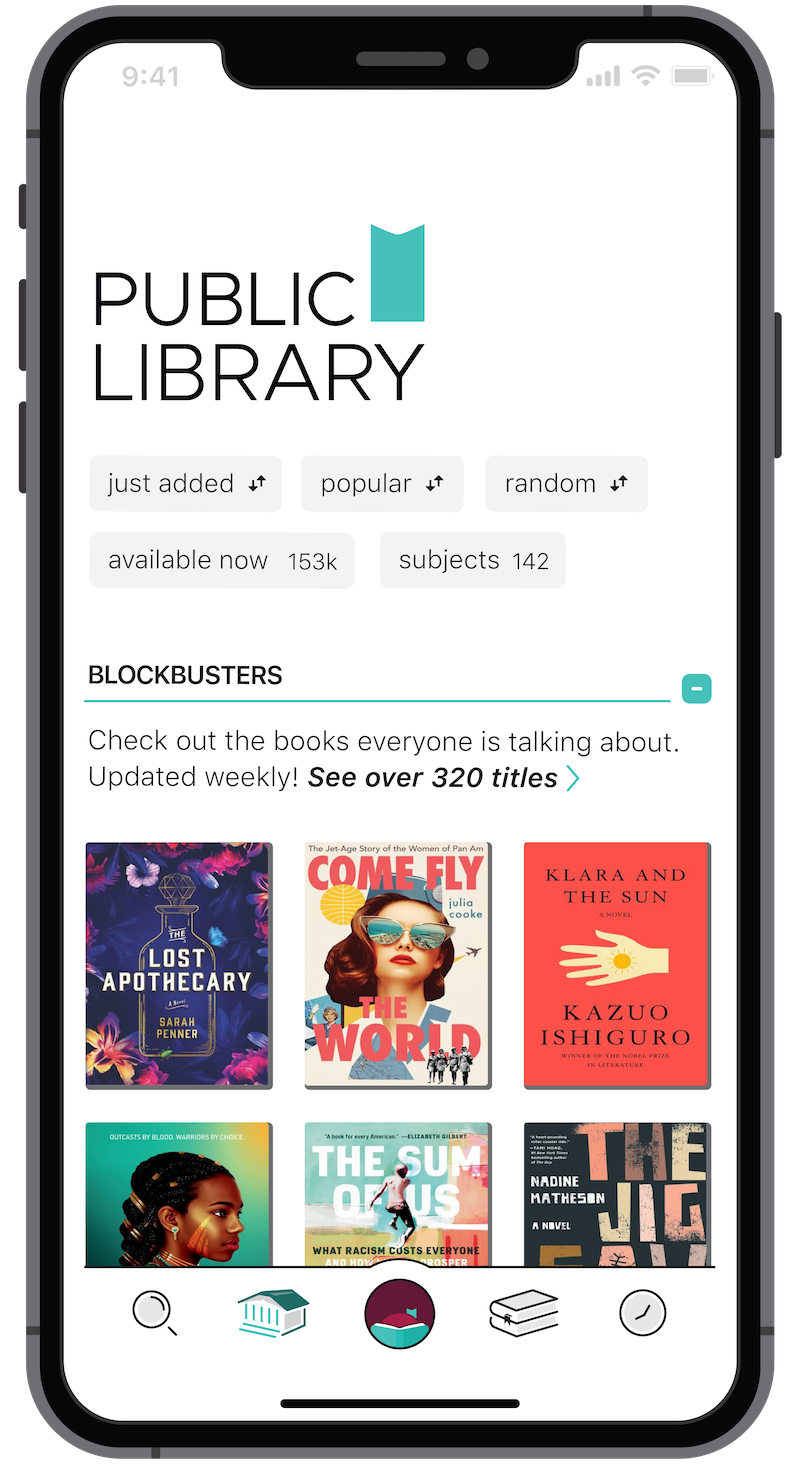
Photo courtesy OverDrive
“Our vision and mission is centered around providing a world enlightened by reading, and we take that very seriously,” OverDrive spokesperson David Burleigh said. “We work with publishers, and they're the ones who are providing the access and permissions for their content. We work very closely with them, but we advocate very much for as much broad access as possible.”
When the new e-card pilot program rolls out this fall, children across the state will have greater access to all electronic titles, including controversial books. How parents will react to this availability remains to be seen.
Tina Larsen, a Burbank librarian who has served in the role for 42 years, said that, ultimately, libraries and teachers shouldn’t be in charge of overseeing what children are reading; that should be left to the parents.
“Libraries shouldn't be the book police,” Larsen said. “Parents often shove everything off onto teachers, even teaching their kids manners. They want everybody but themselves to raise their children. If you are concerned about what your children are reading, it is up to you to monitor the reading.”
